Start-Stop-Start: How do humans make lasting changes?
These skills might transform the way you approach any behaviour change
Ever feel like you're stuck in an endless start-stop-start loop of trying to change the same thing?
…and no matter how hard you try, you keep ending up right back where you started? (or worse than before)
On a Sunday afternoon I got an interesting text from a friend who is right there with you on the start-stop-start rollercoaster of change.
The text was a link to a 1-minute Instagram reel of Shah Rukh Khan talking about motivation and success from this video (the reel was from 12:15 to 13:20):
In the reel, Shah Rukh Khan said:
Resting is harmful (आराम हराम है- Famous quote by Pandit Jawaharlal Nehru). No need to sleep or eat or drink.
Secondly, if you don't know how to sacrifice, you'll never truly succeed. Sacrifice who you are today to become who you want to be. (You can't have what you want now and still achieve your goals.) For example, I'm very lazy. I like to play video games. Be with my children. I don't like to work. I like to write poems. I want to read books. I want to relax. But I sleep only for four-five hours. And I get up early in the morning and go to work. If I want to build a six-pack, I workout too. I hate it! But I sacrifice it all.
Thirdly, you'll experience pain, suffering, and discomfort. But the pain will go away, while success won't wait for you. So even if you keep experiencing the pain, fever, cold, and distress, you'll have to do everything. So, all these things (rest and relaxation) are useless. And whoever tells you to relax and enjoy life beyond work, is wrong. It is good, if you don't want to be successful. I feel envious of people who relax and rest. I feel jealous of people who don’t want to be successful. Because success will not come unless you're completely restless. You have to be like that.
After sharing the link, my friend asked:
So, I should not be lazy. I should not sleep for more than 4-5 hours. I should workout even though I hate it, go to work in the morning, not rest or relax…
But howwww? Even if I decide to change and do all this from today, it won’t last maybe more than a week or so. I will go back to my old habits soon.
We had a deep conversation about behaviour change science which led me to write this article for you.
Before you set your alarm for 3 AM and start planning a life of perpetual discomfort, I want us to examine popular (and conflicting) advice through the lens of behaviour change science together.
It might just transform the way you approach any change. (Like it did for my friend)
The “Try Harder” Trap: Your Ticket to Nowhere
Picture these scenarios:
You're in an exam hall, staring at a test in a language you've never seen or learnt. The invigilator's advice? "Others are writing. Try harder!"
You're asked to replace the guitarist at a Coldplay concert, but you have never held a guitar in your life. Chris Martin grins, "Follow my lead. Just try harder!"
Your team’s tech guru quits. Your boss hands you a complex coding project. But the only Python you know is a snake. Boss’s wisdom? "Try harder. You’ve got this!"
You and I know both know — You don’t “got this”.
Instead, you got that sinking feeling in your gut and the voice in your head screaming, "I’m supposed to do this, but I have no idea what I'm doing!"
Then, what happens? You don’t do it.
And clearly, it is not your fault.
No matter how much effort you put in, you were never taught the skills required for the task.
This is exactly what happens when you try to change a complex behaviour. (health, relationships, work, mental, emotional, existential, etc)
Change doesn't happen just because you're inspired or ready to "hustle harder." It happens when you learn behaviour change skills – specific, research-backed skills that help you navigate the messy reality of life.
Trying hard to change complex behaviours without behaviour change skills is like trying to save the Titanic with a teacup – heroic, but ultimately futile. (Sorry, Jack!)
But most of us don't even know these skills exist, let alone have names for them.
Uh…What skills?
For this part, I’m taking you to the kitchen of a five-star restaurant. Gordon Ramsay appears, looking characteristically irritated, and yells, "Make me the perfect sandwich!" But you’ve never held a knife in your life! You're panicking and wondering if you can make a decent sandwich out of ketchup and prayer.
(Spoiler alert: You don’t.)
Now, imagine the same scenario, but this time, before entering Gordon’s kitchen, you've spent weeks practising the specific skills involved in sandwich-making: Slicing, chopping, toasting, layering, seasoning, etc. The task seems challenging, but you know “how” to do it. You make a delicious sandwich!
That’s the power of skills.
When we can identify, name and learn the specific skills involved in behaviour change, we transform vague aspirations into concrete, actionable steps. It's the difference between saying, "I want to be more motivated, but I don’t know how," and "I want to be more motivated, so I will practice my metamotivation skills."
Now, back to Shah Rukh Khan’s speech.
Can you guess which mysterious skills he is unknowingly referring to in his speech?
Here are 3 of them:
Discomfort Tolerance: When SRK talks about pushing through pain and discomfort, he's actually describing the skill of discomfort tolerance. It is extremely useful when life is messy, but you still want to do that thing you promised yourself you’d do today.
Metamotivation: Shah Rukh redirects his motivation from playing video games to his work. This is metamotivation in action – the skill of managing and redirecting your motivational states. It's like being the DJ of your own mind, knowing exactly which tracks to play to get yourself moving from your regular “I don’t have any motivation to do this” moments on the couch.
Value Salience: When SRK chooses to work or hit the gym instead of gaming, he's demonstrating a strong connection to his values of success and fitness. This is value salience – keeping your core values front and centre in your decision-making process. It helps a lot when your New Year resolution starts fading away.
By naming these specific, learnable skills, we gain a clearer understanding of what's actually involved in the change process.
If these skills are so important, why don't more people talk about them?
Interviewer: "Hey, Shah Rukh, how do you stay so motivated?"
SRK: "Oh, you know, I just use my highly developed change skills like discomfort tolerance, metamotivation, value salience, etc"
Interviewer: "..."
SRK: "Just kidding. I sacrifice everything and never rest. That's the secret!"
Many successful people use these skills unknowingly. But, we expect them to teach us “how”. They are not students of behaviour change science. How will they explain it?
It is like asking me to teach singing just because I’m naturally good at it.
I don’t know the first thing about teaching singing. I just…sing. I don’t know how I learnt it. I don’t know the steps or specific skills that they teach in singing classes.
This is me singing:
If someone asks me, “How to sing?”, I’ll say, “I have no idea! I just love singing.”
But if you ask a music teacher, “How to sing?”, they might say something like, “These are the 7 notes with their names- Sa re ga ma pa dha ni sa. The first skill you will learn is to recognise and repeat the notes after me (matching pitch). Then, the next skill is…”
(More about this is in this article)
But…
Do all singers learn to sing the exact same way?
No.
Sonu Nigam, Ed Sheeran, Sunidhi Chauhan, and Taylor Swift learnt singing skills in different ways. They sing in their own styles.
But they all have some of the same fundamental skills (pitch accuracy, rhythm, etc).
Similarly, with behaviour change skills, when you dive into the world of self-help books or watch interviews with successful people across various fields, you start to notice a pattern.
They're all talking about some fundamental skills, just in their own unique style.
For example, can you guess which fundamental research-backed skill both Roger Federer and Alex Hormozi are talking about in these two videos?
Roger Federer (from 13:15):
In the 1526 singles matches I played in my career, I won almost 80% of those matches. Now, I have a question for you. What percentage of points do you think I won in those matches? Only 54%. In other words, even top ranked tennis players win barely more than half of the points they play. When you lose every second point on average, you learn not to dwell on every shot. You teach yourself to think, "Okay, I double faulted. It's only a point."….
…You want to become a master at overcoming hard moments. That is, to me, the sign of a champion, the best in the world and not the best, because they win every point. It's because they know they'll lose again and again, and have learned how to deal with it. You accept it, cry it out if you need to, and then force a smile. You move on, be relentless, adapt and grow.
Alex Hormozi (from 48:26):
When I took the GMAT to get into Harvard my first score was like okay. It wasn't great. But I I read the study on how to do well on standardized tests and they had this graph and it went like… like the more problems you did on average the higher your test score was. So I bought 16 phone books of… test prep books and I did four hours of problems every day for three months…and then I scored a 99… percentile because it was just input output… I was naturally not even that good at math. But if I do 10,000 problems I'll start to just understand how these problems get asked. So I always try and find what's the input output is.
Which fundamental research-backed skill are they both talking about in these two videos?
Ready for the answer?
The skill they’re both talking about is…
Growth Mindset — the belief that a person's specific abilities aren't innate but can be improved through effort, learning, and persistence.
But they didn’t use the name of the skill. They didn’t say, “Oh I grew a growth mindset.”
Can you learn these behaviour change skills without naming them?
Yes. Absolutely. Just like Roger Federer did. Many people learn the skills from family, teachers, coaches, life experiences, content, etc. without naming them.
It is like how you learn to speak your mother tongue.
My mother tongue is Hindi. Unlike English, I never had a structured way to learn to speak Hindi. Even as a little girl, I just spoke Hindi.
But… if change skills don’t come to you as naturally as your mother tongue…
…and even after reading self-help and watching speeches or interviews, you often find yourself wondering, “I want to change, but why am I not doing it?”…
…then, learning behaviour change skills like a new language might be an option for you.
Naming the skills makes the process of behaviour change much simpler and more accessible to everyone.
Okay. How to learn the skills?
You’re reading right now. Reading English is a skill.
How did you learn to read English?
Remember, A for apple, B for ball, C for …?
You heard sounds, recognized letters and figured out how they fit together to make words. You followed the words with your index finger and sounded everything out slowly. You received helpful feedback from teachers and parents.
With deliberate practice and supportive feedback, words began to click and flow more easily. Over time, reading became less about figuring out each word and more about understanding stories, ideas, and the world around you. Eventually, you stop thinking about the process of reading.
You just… read.
Can you not read the shop name you saw today? Or the little app labels on your phone? Or this question? If you see it, you read it.
But try the same with a language you never learnt to read.
당신은 훌륭합니다
Come on. Try harder. Read it. Just a little bit. Atomic reading. Just 1 alphabet. Come on!
Of course, you can’t! (Unless you know Korean. Wow.)
That’s Google translated Korean for “You are wonderful” (I have no idea if the translation is correct but I know that you are wonderful!)
You’ll again need deliberate practice and supportive feedback to learn the skill of reading Korean.
The same principle applies to learning behaviour change skills… like a growth mindset. I can’t just tell you to change your fixed mindset to a growth mindset. (I know that’s what social media says - Change your mindset. But howww?) It would be like telling you to just read it in Korean instead of English.
Behaviour change skills also need deliberate practice and supportive feedback.
For supportive feedback, I gave a glimpse of one evidence-based method in this article:
For deliberate practice, here’s an example:
Let’s say you want to develop the skill of cognitive flexibility. (The opposite of all-or-nothing thinking. All-or-nothing thinking looks like this — “Ah, I ate a pizza! What’s the point? I’ll restart on Monday”, or “An urgent task has come up, I can’t exercise today”, or “I made a huge mistake, I can never talk to them again”)
One of the ways my clients and students practice cognitive flexibility is the same way how we practice physical flexibility— We stretch! (mentally)
How?
There are many ways to stretch.
One way is to practice listing all the options in an imaginary difficult situation with conflicting priorities—even if the options sound ridiculous.
Example:
Imagine this situation—
Person A (who is a lot like you) has got a big work presentation, their kid’s school event, and promised themselves a workout—all on the same day. Their rigid all-or-nothing thinking will say: "Well, there goes my workout!"
We stretch!
What other options can we list for Person A?
Send a clone: Person A keeps their cardboard cutout on the chair at the kid’s event while secretly doing squats backstage.
Early bird workout: Person A wakes up 10-15 minutes earlier to squeeze in a quick HIIT home workout. And maybe reviews their presentation slides between sets.
Family play time: Person A makes the trip home from school extra special. The family walks together and does a fun dance/yoga session at home to unwind together.
Workout in work clothes: Corporate squats? Person A sneaks in a few squats and lunges in their office before and after the meeting. (Some of my clients actually do this and take a walk outside during breaks.)
And more…
This is just one way to practice one skill (cognitive flexibility)—Imagine situations and list options.
With practice and support, when any new difficult situation actually comes up, your brain might start imagining more options instead of going straight to all-or-nothing thinking.
Think of it like Roger Federer practising. He didn’t just show up on match days hoping for the best. He practiced his skills frequently, and that helped him perform when it really mattered.
Great! Give me the exact steps for all the skills!
Ummm…Remember spending days to practice the same steps for your dance performance at that wedding?
Yeah. Life isn't just one Kala Chasma song. It is not a carefully rehearsed dance performance where you practice one routine and perform it perfectly. It's more like being thrown onto a dance floor with constantly changing music, partners, and dance styles.
Building behaviour change skills is like becoming a master choreographer (like Quick Style) who can adapt to any song life throws at you. (whether it is Chaiyya Chaiyya or Chann se jo toote koi sapna.)
You're not just learning steps – you're learning how to dance. Once you learn how to dance, you can create your own steps!
You're not just trying to change – you're learning how to change.
And that makes all the difference in the world.
Wow! We’re almost at the end…
This was fun! I love that you’re still with me here. ❤️
Did you enjoy our long chat today? (It won’t be this long always) It would feel wonderful to hear from you! Share your thoughts, questions, and stories with me, and maybe invite a friend to join us.
I want us to chat, learn, grow, and maybe occasionally stumble together. After all, even Shah Rukh Khan probably tripped on his way to success – he just made it look good. :)
P.S. I want to spread behaviour change skills faster (through AI and by training more coaches in India). I’m open to ideas, suggestions, or anyone you’d like to connect me to for helping more people create lasting changes. (I already run an academy for nutritionists where I teach them evidence-based skills to help people change.)
Have questions about a change you’re struggling with? Post a comment or Ask anonymously through our question box:
...and if you want to close this gap👇🏼
"I want to change" —> "I did it!"
I'd love to be your behaviour change partner.
Visit natashazorana.com to become your best version with Behaviour Change Science + Feminine Energy Support.




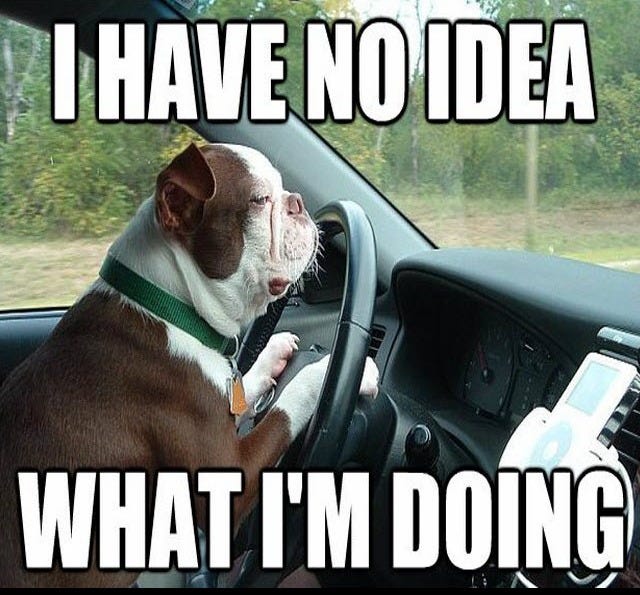
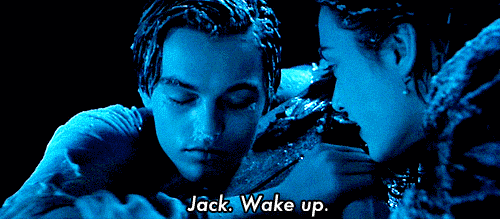
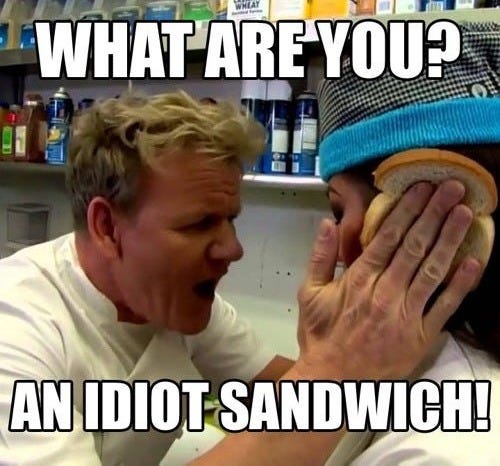
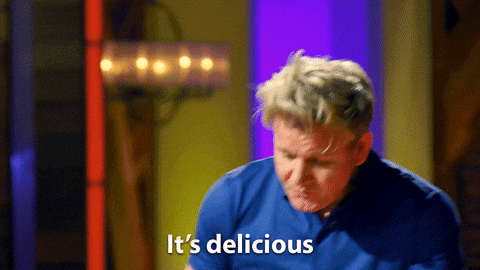


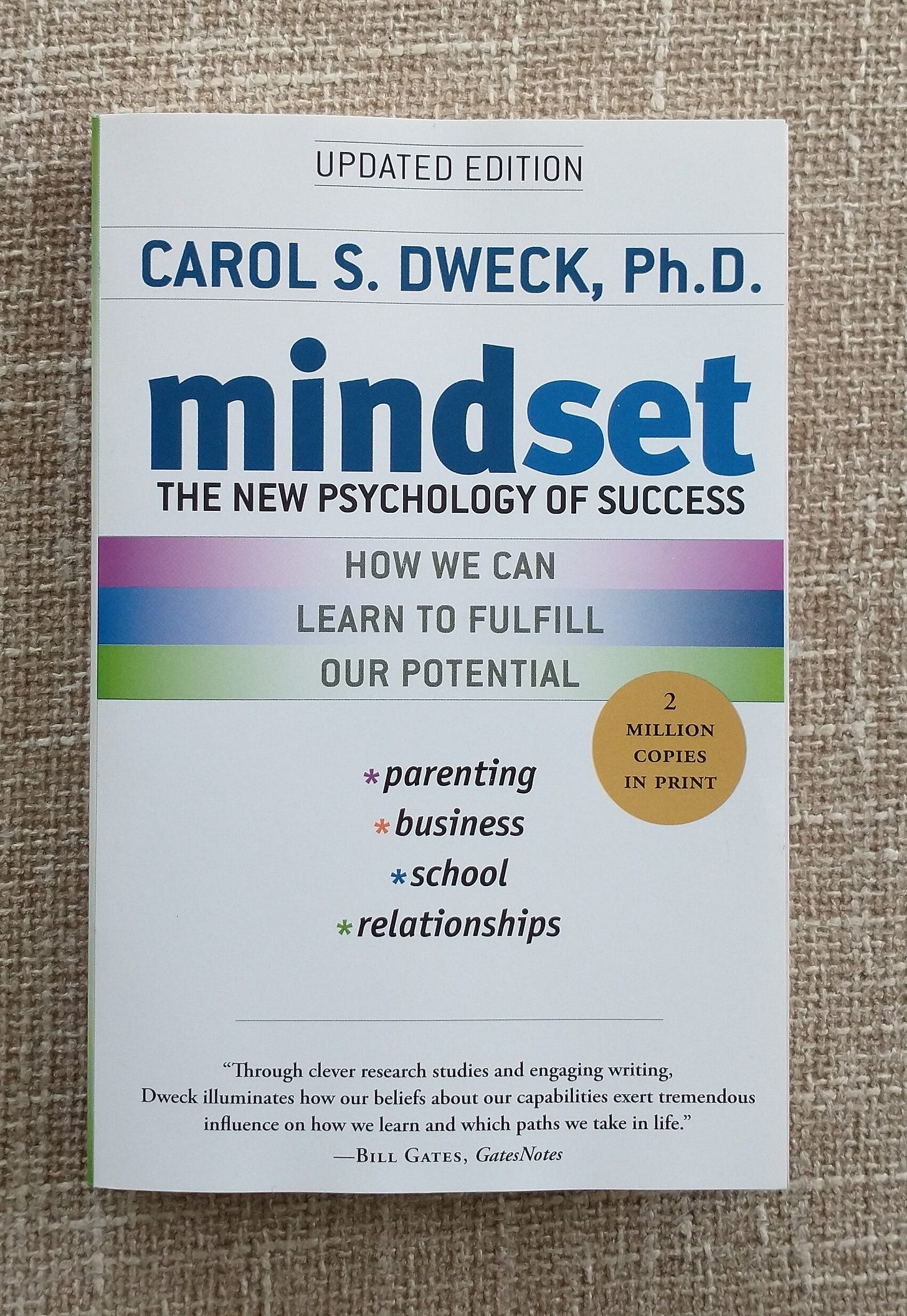
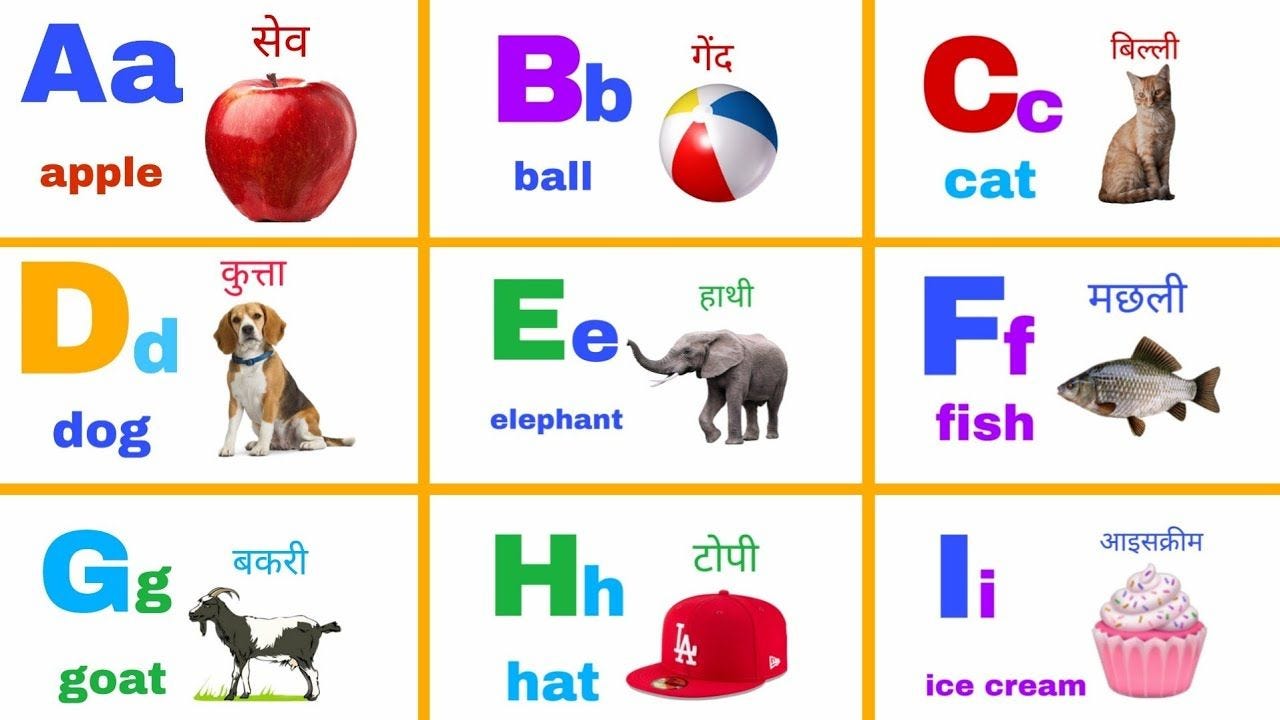

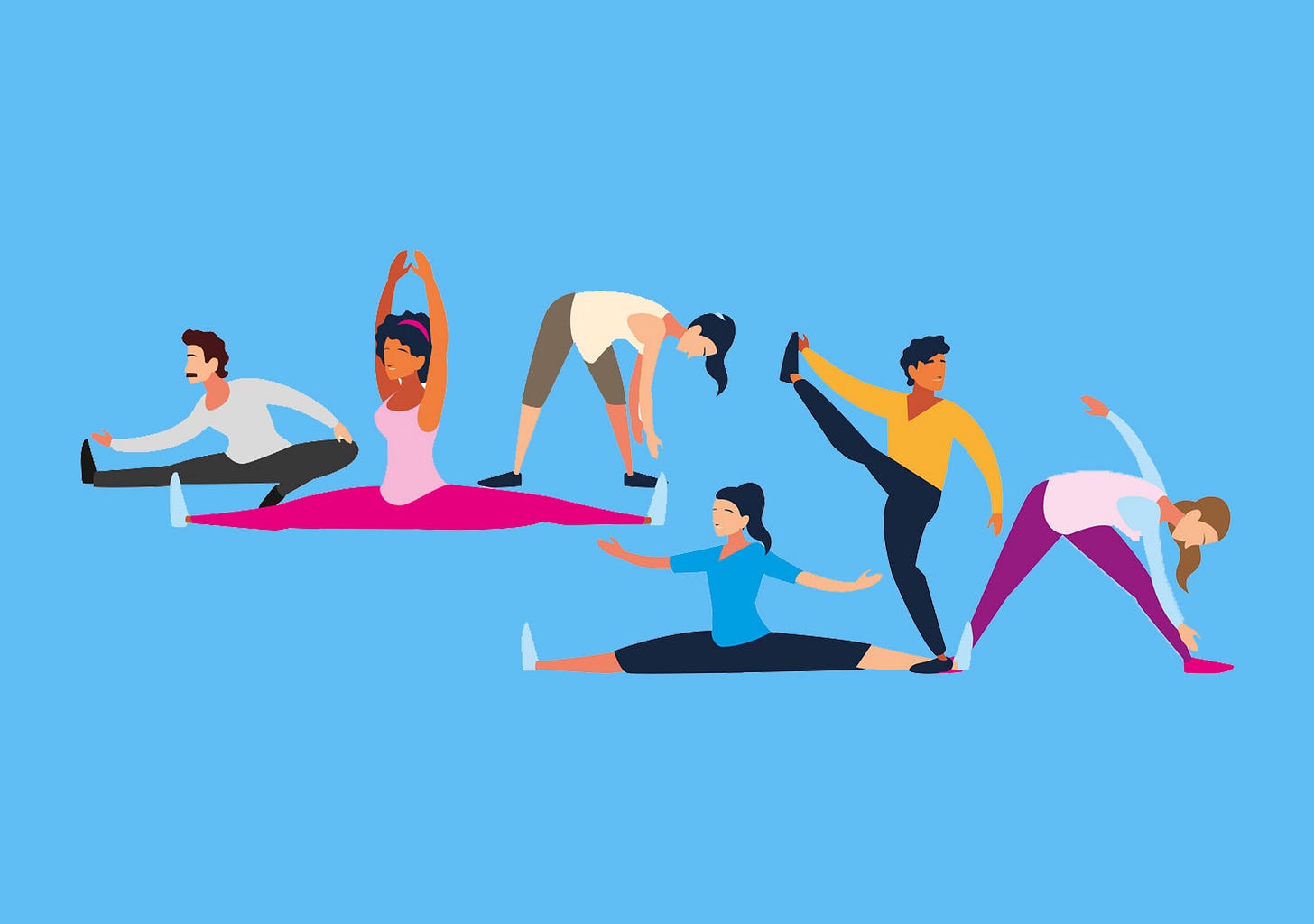

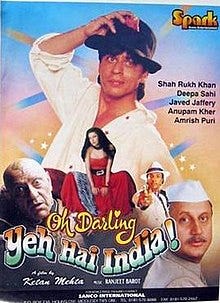
OMG! THIS CHANGES EVERYTHING 🤯